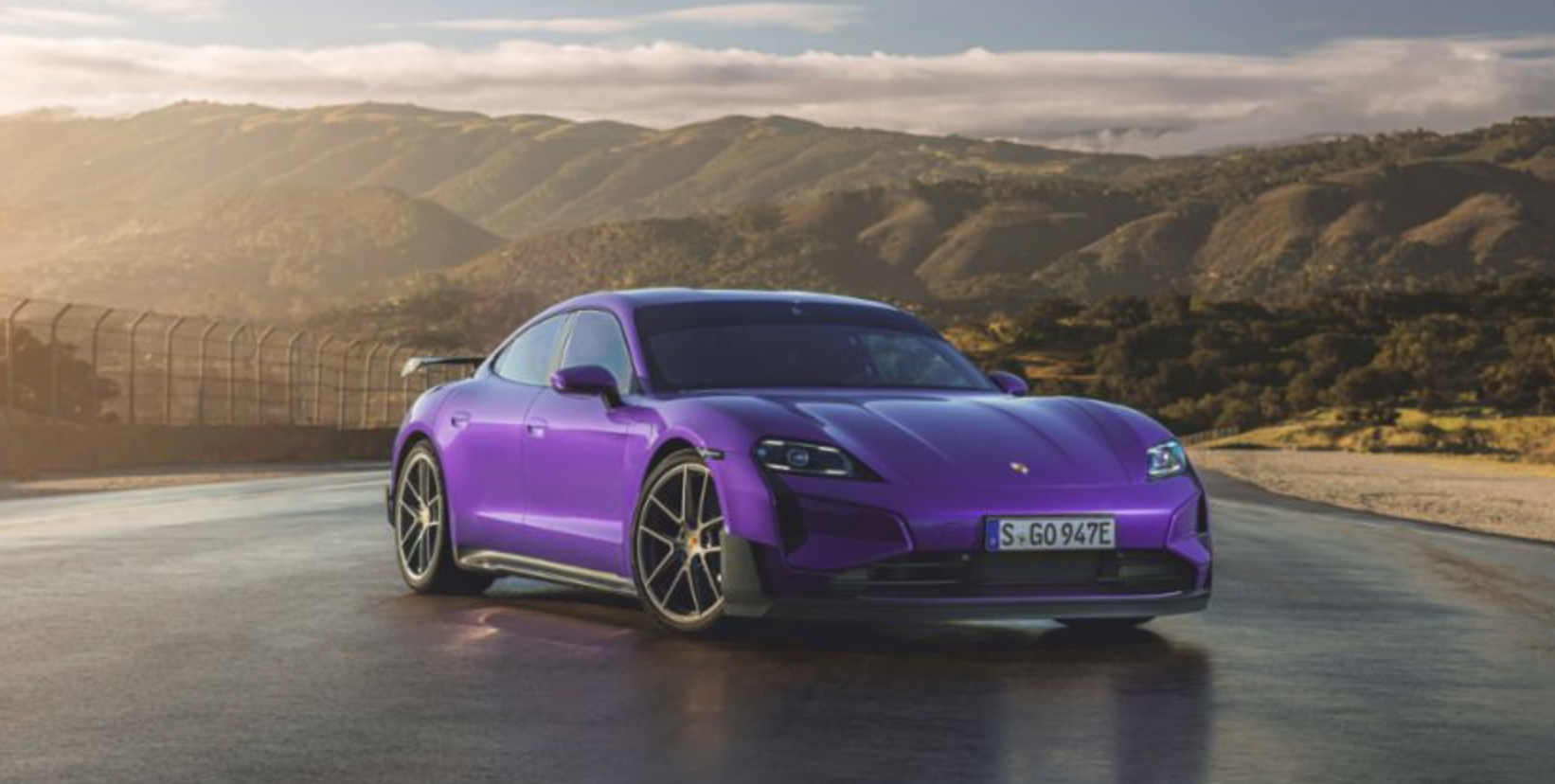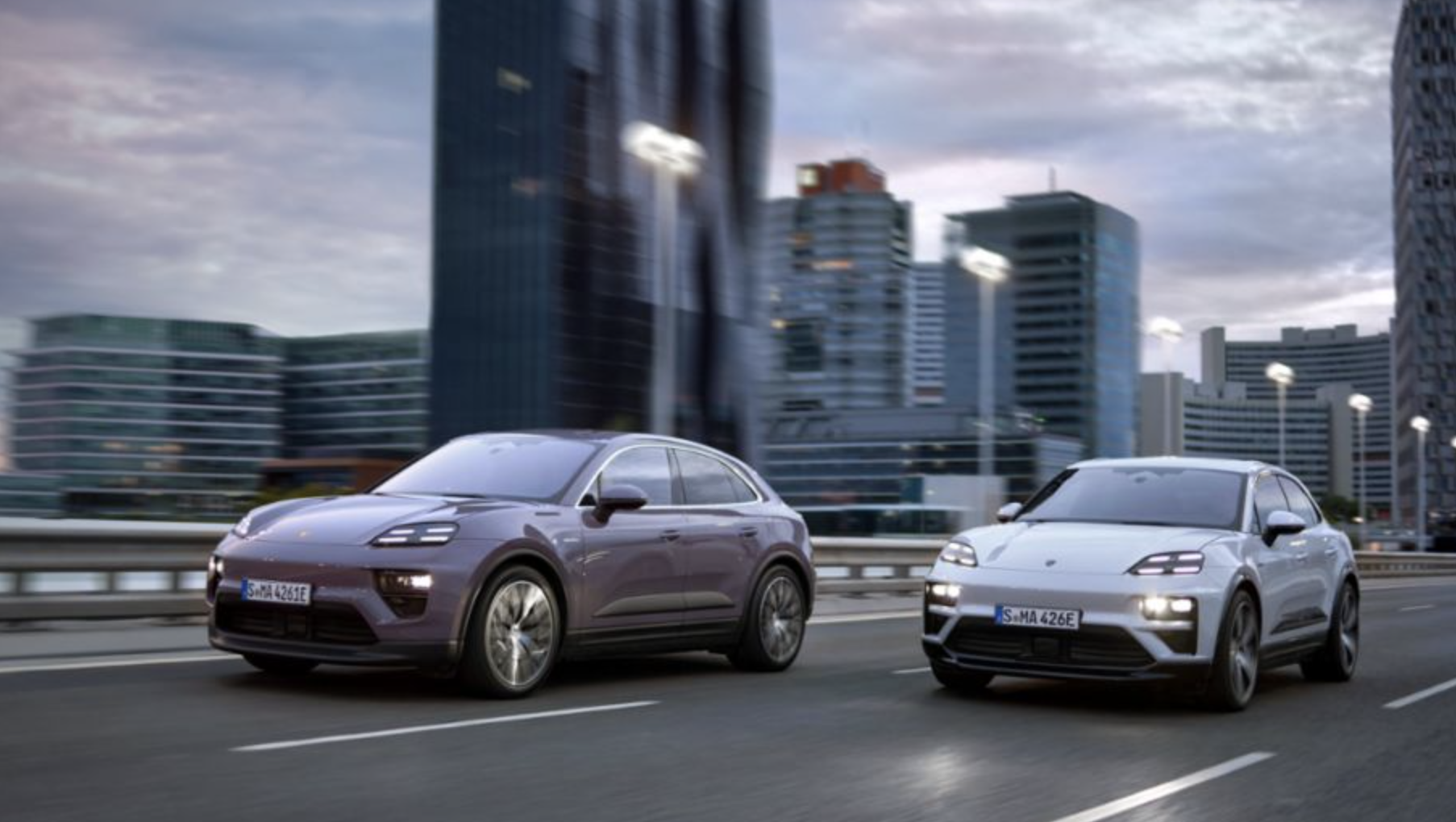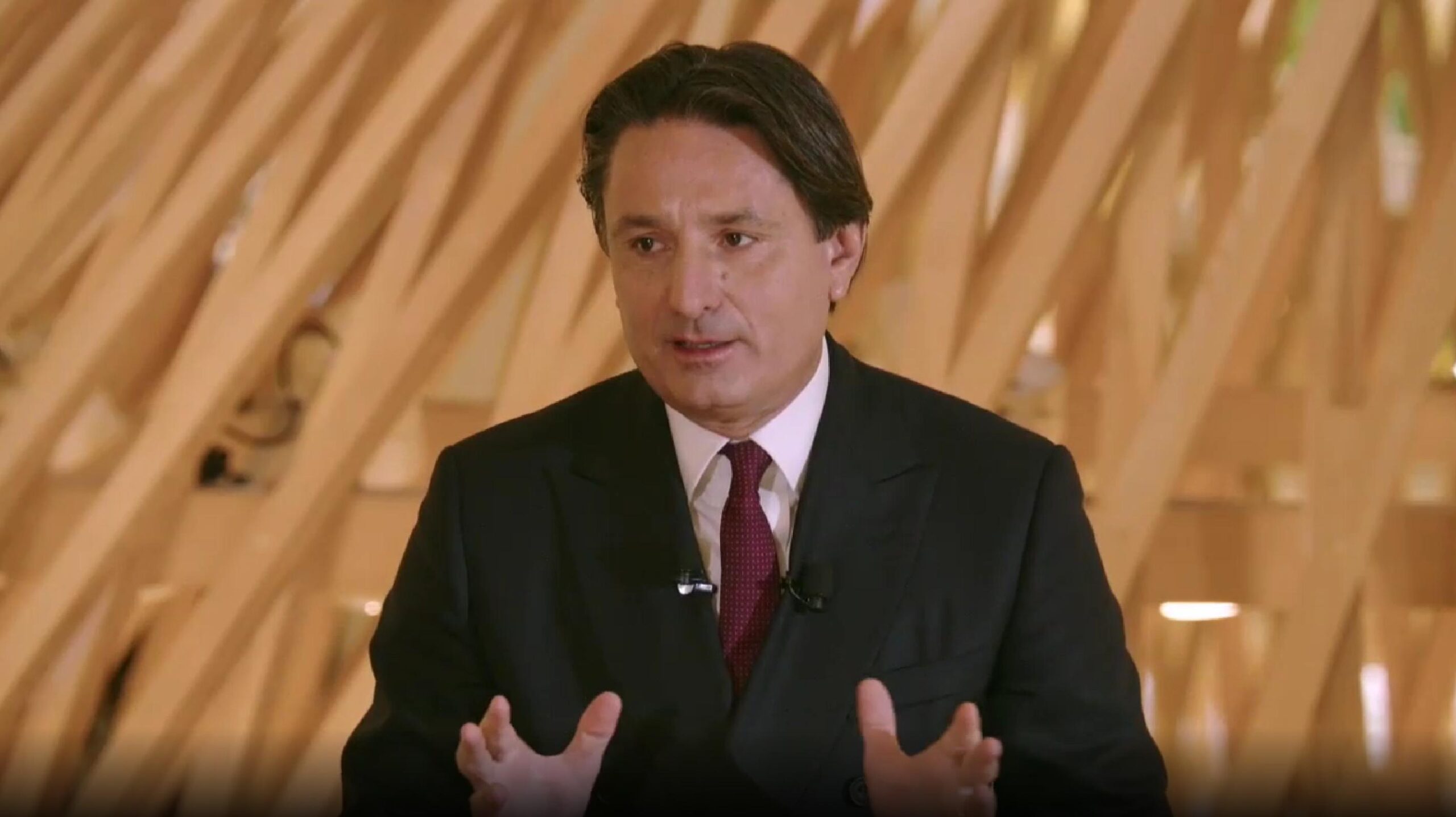Recently, the German luxury sports car manufacturer Porsche AG announced its financial data for 2023: the group’s revenue increased by 7.7% year-on-year to €40.5 billion (€37.6 billion in 2022); operating profit grew by 7.6% to €7.3 billion (€6.8 billion in 2022). Despite global supply chain disruptions and evident inflation, and significant investments in digitalization, products, innovation projects, and brand experience, the group’s sales return rate remained stable at 18.0%.
Porsche mentioned that China is one of the most dynamic markets globally and attracts global attention with its rapidly developing automotive and entrepreneurial ecosystem. To this end, Porsche Ventures has partnered with China International Capital Corporation Limited (CICC) to establish its first venture capital in RMB, participating in the growth of Chinese startups and actively promoting technological innovation in the automotive industry. The company stated that this not only helps to deepen Porsche’s roots in the Chinese market but also provides strong support for the company’s future strategy on a global scale.
At the same time, Porsche also announced plans to launch the largest product offensive in the company’s history in 2024. With new models from the Panamera, Macan, Taycan, and 911 series set to be introduced, Porsche aims to accelerate development again by 2025.

Oliver Blume, Chairman of the Executive Board of Porsche AG, stated, “We created strong financial year results in 2023. In 2024, Porsche will launch a range of exciting sports car products, with the number of new models surpassing any previous year. Various thrilling sports cars are coming to market, looking forward to bringing delightful experiences to customers around the world. This will also give our future development a significant boost.”
Lutz Meschke, Deputy Chairman of the Executive Board and Member of the Executive Board, Finance and IT at Porsche AG, remarked, “Our strong performance is due to the high market demand for Porsche’s excellent products and our strict cost control. In the fiscal year 2023, Porsche’s automotive business net cash flow increased to €4.0 billion (€3.9 billion in the 2023 fiscal year)… Porsche’s performance in fiscal year 2023 shows that even in times of turbulent challenges, we have strong resilience, excellent profitability, and robust financial health. Compared to the past, Porsche’s sales structure is more balanced globally, which benefits us greatly. Based on this, we will consolidate the foundation in 2024 to continue achieving profitable growth in 2025. We will continue to focus on the sustainable success of our company. Our customers, employees, company, and shareholders will all benefit from this.”
On June 1 last year, to celebrate its 75th anniversary, Porsche announced an update to its iconic crest, which was applied to the brand’s automotive products at the end of 2023.
As Four New Models Are Successively Introduced, 2024 Marks a Big Year for Porsche Products
Oliver Blume said, “The Porsche team’s performance in 2023 makes us proud. Despite various challenges, customers greatly favor Porsche’s exciting sports car products.” In 2023, Porsche’s global new car deliveries grew by 3.3%, totaling 320,221 new cars. Among them, the mid-cycle refresh of the Cayenne was launched at the end of 2023. This luxury SUV has undergone comprehensive upgrades in powertrain, chassis, design, configuration, and control concepts.
Compared to the previous year, performance in various sales regions has also become more balanced. Based on this stable premise, Porsche plans to introduce no fewer than four all-new or significantly revised model products to the market this year.
The third-generation Panamera and the new all-electric Taycan will hit the market. In the second half of this year, the second-generation Porsche Macan will also join Porsche’s model lineup in an all-electric form. The 911 model will also undergo a mid-cycle refresh in early summer, including high-performance hybrid models.
Oliver Blume stated, “We have once again adopted technologies derived from motorsports in our production models. Our customers can look forward to more future technological innovations that have been honed in racing being applied to road vehicles.”

Taycan Turbo GT
Adhering to a Long-Term Development Strategy
Porsche persists in a three-pronged driving strategy (efficient internal combustion engine models, high-performance plug-in hybrid models, and pioneering all-electric models), and maintains a high degree of production flexibility.
Porsche continues to advance its electrification strategy. The 718 model is planned to be launched as an all-electric version and an all-electric Cayenne in the mid-2020s. Additionally, Porsche plans to expand its product portfolio with an all-electric SUV positioned above the Cayenne, based on the Porsche SSP Sport platform, and to be manufactured in Leipzig. Porsche expects its strong performance, autonomous driving capabilities, and new in-car experiences to attract more potential customers, especially in the U.S. and Chinese markets.
In addition, in the first quarter of 2024, Porsche made significant investments in digital and software collaborations, including taking full control of MHP (a management consulting firm) and investing in Applied Intuition, a Silicon Valley-based company that will further strengthen Porsche’s expertise in vehicle IT services and customer experience. Porsche has established a development cooperation with this company based in Mountain View, California.
In November 2023, Sajjad Khan officially joined the Porsche AG Executive Board. He is primarily responsible for the newly established Vehicle IT department, covering connected and infotainment content. At the Weissach Porsche Research and Development Center, Sajjad Khan works closely with Michael Steiner, the Executive Board member responsible for research and development.

Focusing on Sustainable Development
Porsche adheres to its ambitious sustainability goals. By 2030, Porsche aims to achieve that over 80% of new cars sold will be all-electric models, but the company states that the specific pace depends on customer demand and the progress of electrification in different regions.
Meanwhile, Porsche also focuses on the research and production of eFuels, a renewable synthetic fuel that can reduce the carbon dioxide produced by burning fossil fuels, allowing internal combustion engines to operate in an almost carbon-neutral state. The company states that currently, there are approximately 1.3 billion internal combustion engine vehicles globally, and these vehicles may still be on the road for the next 30 years or longer. To this end, Porsche and its partners have established the first commercially operated eFuels plant in Chile. Through this pilot plant, Porsche and its partners have demonstrated how to achieve industrial-scale production of eFuels.
Porsche is also committed to using more environmentally friendly materials in new cars, such as the interior of the all-new all-electric Macan. In addition, the production of the all-electric Macan in the Leipzig plant has achieved net carbon neutrality, completely using green power sources, and proportionally using biomethane and biomass energy to meet heating demands. Moreover, Porsche also supports more use of renewable energy to meet the estimated electricity demand of the all-electric Macan vehicles.

Porsche Expects the Group’s Sales Return Rate to Be Between 15% and 17%
Looking ahead, through a comprehensive consideration of internal and external factors, including a full update of the product line in 2024, the global macro environment, increasing capital development costs and depreciation, and continued investment in the brand and its ecosystem, Porsche expects the group’s sales return rate to be between 15% and 17% in the 2024 fiscal year. This forecast includes a revenue assumption of €40 billion to €42 billion.
Additionally, Lutz Meschke, Deputy Chairman of the Executive Board and Member in charge of Finance and IT at Porsche AG, stated, “From a medium-term perspective, we adhere to an expected sales return rate of 17% to 19%. In the long term, our goal is to achieve a sales return rate of over 20%.”
To achieve long-term return goals, Porsche is advancing the ‘Road to 20’ plan. Meschke said, “We have also invested significant funds in this regard, developing new profit growth points… The first projects of the ‘Road to 20’ will provide unique exclusive configurations and services to exceed customer expectations. We are currently developing very exciting products and services.”
As of the end of 2023, Porsche Group had 42,140 employees, an increase of 7.6%, with most new positions in research and development and IT fields, to further strengthen the technical and software expertise.
| Source: Porsche official website and financial report
| Image Credit: Porsche official website
| Editor: Wang Jiaqi



